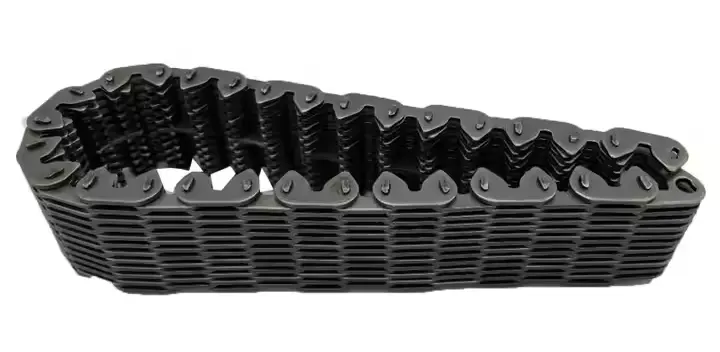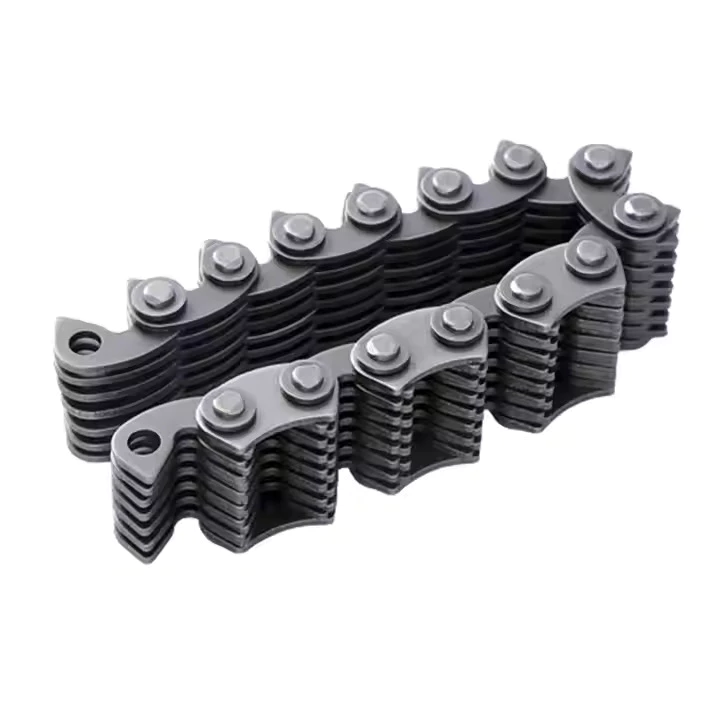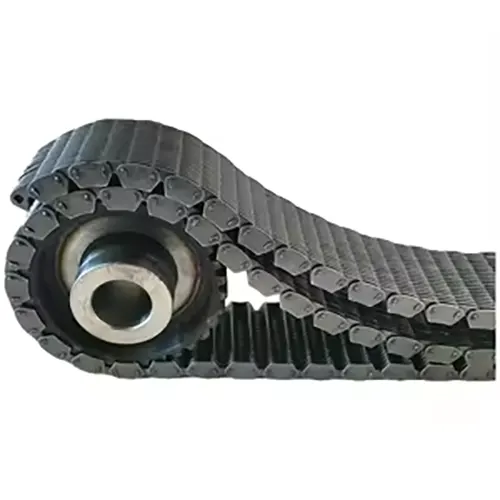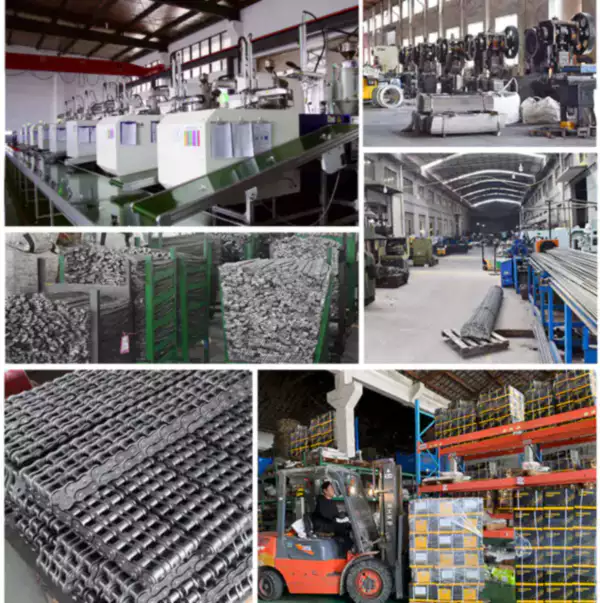Inverted tooth silent chains are essential components in many industrial systems. These chains are designed to provide high-performance power transmission while minimizing the noise level. As with other mechanical components, inverted tooth chains are subject to wear and tear, which can lead to reduced performance and, eventually, failure. Therefore, it is crucial to test these chains rigorously to ensure that they meet the required standards for durability, reliability, and noise reduction. In this article, we will explore the different testing methods used for inverted tooth silent chains.
1. Fatigue Testing
Fatigue testing is a standard method used to evaluate the durability of inverted tooth chains. This test involves subjecting the chain to repeated loading cycles until it fails. The aim is to determine the maximum load capacity and the number of loading cycles that the chain can withstand before failure. Fatigue testing is essential in ensuring that the chain is durable and can withstand the stresses and strains it experiences during operation.
2. Tensile Testing
Tensile testing is another critical method used to test the strength and durability of inverted tooth chains. This test involves applying a tensile load to the chain until it breaks. The aim is to determine the ultimate tensile strength (UTS) of the chain, which is the maximum stress that the chain can withstand before breaking. Tensile testing is essential in ensuring that the chain can withstand the maximum load it is designed to carry.
3. Wear Testing
Wear testing is used to evaluate the resistance of inverted tooth chains to wear. This test involves subjecting the chain to a series of controlled wear cycles until it fails. The aim is to determine the wear resistance of the chain and its ability to maintain its operating parameters over time. Wear testing is essential in ensuring that the chain can perform its function over an extended period without losing its efficiency.
4. Noise Testing
Noise testing is used to evaluate the noise level produced by inverted tooth chains during operation. This test involves subjecting the chain to different loads and speeds and measuring the noise level produced. The aim is to ensure that the chain meets the required noise level standards and does not produce excessive noise during operation.
5. Corrosion Testing
Corrosion testing is used to evaluate the resistance of inverted tooth chains to corrosion. This test involves subjecting the chain to different corrosive environments and evaluating its performance over time. The aim is to ensure that the chain is resistant to environmental factors that can cause corrosion and reduce its performance.

As we can see, inverted tooth chains undergo various testing methods to ensure their durability, strength, wear resistance, noise reduction, and corrosion resistance. By subjecting these chains to rigorous testing, manufacturers can ensure that they meet the required quality standards and can perform their function reliably.

Sprockets for Silent Chains
Sprockets are essential components that work together with silent chains to provide efficient power transmission. Sprockets are toothed wheels that engage with the links of the chain, and together, they form a reliable system for transmitting power. Inverted tooth chains require specialized sprockets that are designed to match the unique tooth profile of the chain. Therefore, the relationship between inverted tooth chains and sprockets is symbiotic. Without proper sprockets, the performance of the chain would be compromised, and vice versa. RP Techniek BV offers a wide range of high-quality silent chain sprockets that are designed to work with different types of inverted tooth chains.

About Us
RP Techniek BV is a sales agent for the Ever-power Group in the Netherlands. We are a leading supplier of silent chains and sprockets, offering high-quality products at competitive prices. Our products are exported to various markets, including the USA, Canada, Japan, Korea, Brazil, and Australia. We pride ourselves on providing excellent customer service and technical support to our clients.

Q&A
1. What are inverted tooth silent chains?
Inverted tooth silent chains are chains used in industrial systems to provide reliable power transmission while reducing noise levels. These chains are designed with a unique tooth profile that engages with specialized sprockets to transmit power.
2. What are the benefits of inverted tooth chains?
Inverted tooth chains offer several benefits, including high-performance power transmission, low noise level, and long life. These chains are suitable for use in various industrial applications, including printing presses, packaging machines, and textile machinery.
3. What are silent chain sprockets?
Silent chain sprockets are toothed wheels that engage with the links of the silent chain. These sprockets are designed to match the unique tooth profile of the chain, ensuring efficient power transmission and reduced noise levels.
4. What testing methods are used for inverted tooth silent chains?
The testing methods used for inverted tooth silent chains include fatigue testing, tensile testing, wear testing, noise testing, and corrosion testing.
5. Why is corrosion testing important?
Corrosion testing is essential in evaluating the resistance of inverted tooth chains to environmental factors that can cause corrosion. Corrosion can reduce the performance and efficiency of the chain, leading to premature failure.
Edited by: Zqq.
